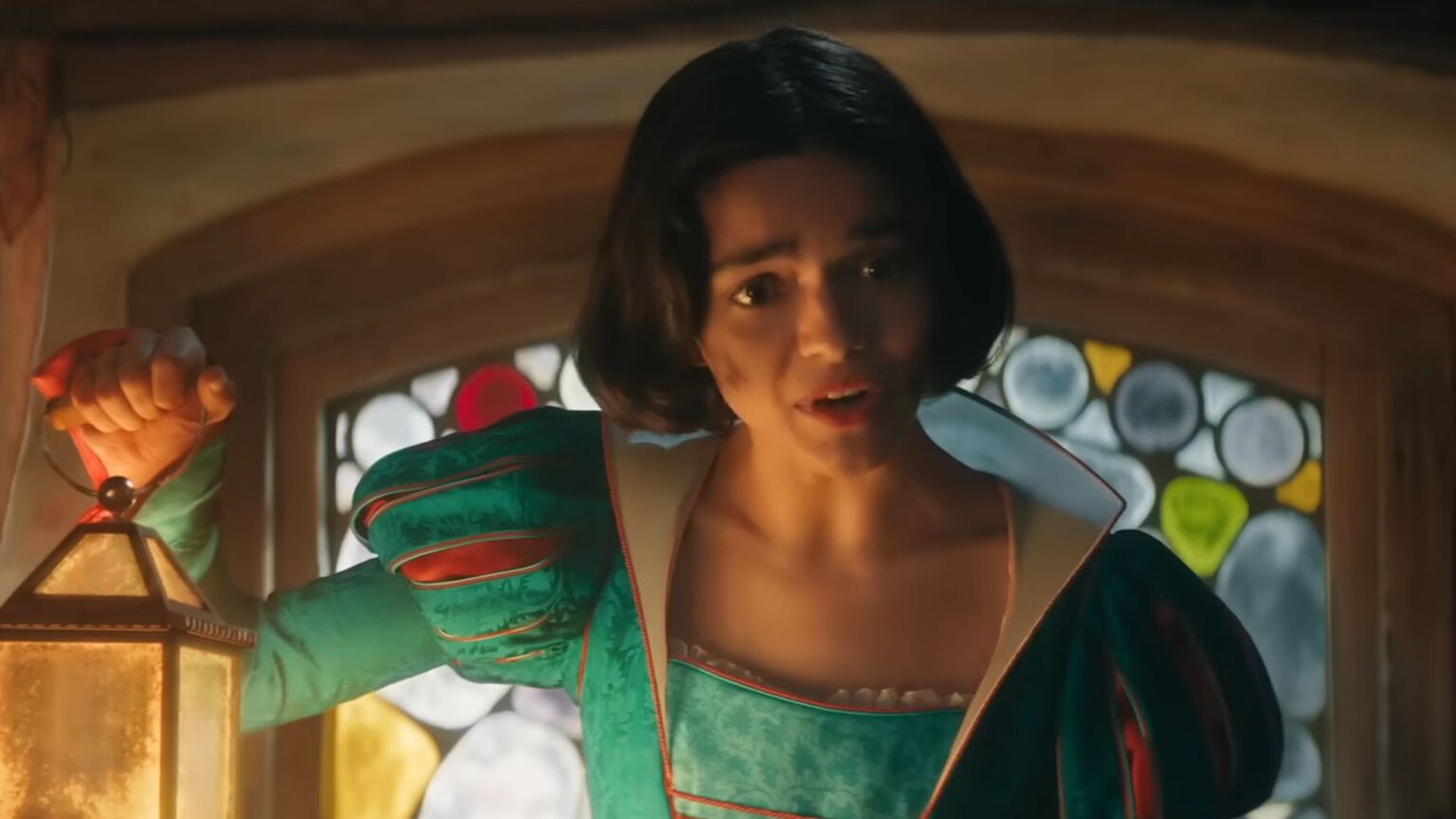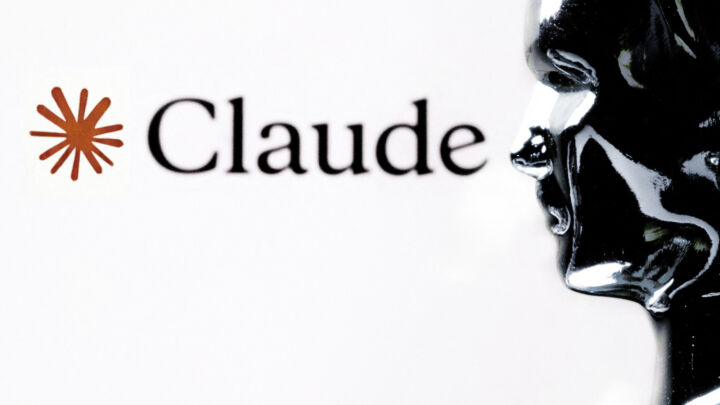Disney has broken the spell of wokeness
Audiences want entertainment, not PC lectures.

Want unlimited, ad-free access? Become a spiked supporter.
Has one of the world’s wokest companies returned to its senses at last? For the first time since 2019, this year’s annual business report from the Walt Disney Company doesn’t use the word ‘diversity’ once. Nor does it utter that dreadful phrase, ‘diversity, equity and inclusion’ (DEI). The only mentions of ‘equity’ are in a strictly financial sense. This is a marked change from last year’s filing to the US Securities and Exchange Commission (SEC), which included a dedicated DEI section promising ‘to build and sustain teams that reflect the life experiences of our audiences, while employing and supporting a diverse array of voices in our creative and production teams’.
This is not the first sign that Disney might be turning its back on DEI. Last month, it hosted its first ‘Global Belonging Week’, which, notably, talked of ‘belonging’ and ‘inclusion’ but without mentioning ‘diversity’ once. Earlier this year, Disney also quietly removed two of its diversity programmes, ‘Reimagine Tomorrow’ and ‘The Disney Look’, from its 2024 SEC report. Reimagine Tomorrow was the same directive that came under fire in 2022 after a leaked, company-wide Zoom call discussing the project showed one executive bragging that ‘leadership… has been super welcoming to my not-at-all-secret gay agenda’ and that she was ‘adding queerness’ wherever she could. On the same call, another exec proudly announced that Disney would stop using the phrase ‘ladies and gentlemen, boys and girls’ at its theme parks, so as to not offend trans visitors. There was also talk of how half of all Disney characters should be LGBT or come from a racial-minority group in the future.
For a company that was previously so slavishly devoted to woke ideology, Disney’s recent change of direction is a big deal. For several years, the Mouse House had been openly duking it out with Florida governor Ron DeSantis over a bill his critics had dubbed the ‘Don’t Say Gay Bill’. In truth, the bill simply barred public schools from teaching very young children (up to age eight) about gender identity and sexual orientation. Disney criticised this (pretty reasonable) law on its corporate X account, writing: ‘Our goal as a company is for this law to be repealed by the legislature or struck down in the courts, and we remain committed to supporting the national and state organisations working to achieve that.’
You might think – or at least hope – that a company like Disney would be more interested in entertaining kids, rather than making sure that six-year-olds can learn what ‘nonbinary’ means. But in recent years, Disney has been obsessed with pushing a particular agenda. It began slapping trigger warnings on its older films, like Dumbo (1941) and The Aristocats (1970), cautioning viewers that they include ‘negative depictions and / or mistreatment of peoples or cultures’ and ‘racist caricatures’. As if to atone for these past sins, Disney became fixated on shoehorning as much diversity into its productions as possible. Every franchise became an opportunity for ‘representation’, no matter how awkward or ham-fisted it felt. The Marvel Cinematic Universe suddenly needed more non-white, female and Muslim teen superheroes. Animated kids’ movies apparently needed to be filled with nonbinary side characters, just for the sake of it. Reboots of old classics had to be ‘updated’ to have a more ‘empowering’ message for girls. Lyrics in much-loved musical numbers were ‘modernised’ to make songs compliant with consent culture – the era of Prince Charming waking his princess from eternal slumber with a kiss was declared over.
Audiences had a different idea. Cinemagoers showed time and again that they just aren’t interested in being lectured by celebs or studio execs. The feminist Snow White reboot flopped spectacularly, as did The Little Mermaid with its #MeToo-inspired lyrical tweaks. The Marvels, with its trio of diverse superheroines, failed to break even. Disney broke a series of unfortunate records, as movies that should have been guaranteed cash cows brought loss after loss. In 2023, company bosses admitted to investors that there was a growing ‘misalignment’ between their output and ‘public and consumer tastes and preferences for entertainment’. Namely, people were sick of being force-fed woke messaging.
Thus began the steady rollback of Disney’s politically correct agenda. The trigger warnings were softened or mysteriously vanished altogether at the beginning of this year. Last month, execs reportedly complained that Doctor Who, which Disney had been co-producing with the BBC, was ‘too woke’ for an increasingly culturally conservative America and pulled out of the partnership. This summer, the company settled a lawsuit brought by Gina Carano, an actress who was booted from the Star Wars spin-off, The Mandalorian, for her pro-Republican social-media posts and for subsequently refusing to meet with LGBT employees. At the time, Disney described Carano’s beliefs as ‘abhorrent and unacceptable’. But in August this year, a spokesperson, announcing the conclusion of the legal battle, praised Carano for ‘treating her colleagues with kindness and respect’ and said that Disney looked ‘forward to identifying opportunities to work together with Ms Carano in the near future’ – certainly a significant change in tone.
None of this means that Disney has metamorphosed into some anti-woke champion. But clearly, it has woken up to the fact that ramming right-on messaging down people’s throats no longer pays. And thank God, too. Neither side of the culture war should want our films, TV shows and theme parks to be filled with politics – especially not when the primary audience is children. Hopefully, this failed experiment in moral indoctrination will serve as a lesson to both the entertainment industry and beyond. At the very least, we might finally get some decent films again.
Lauren Smith is a London-based columnist for the European Conservative.
You’ve hit your monthly free article limit.
Support spiked and get unlimited access.
Support spiked and get unlimited access
spiked is funded by readers like you. Only 0.1% of regular readers currently support us. If just 1% did, we could grow our team and step up the fight for free speech and democracy.
Become a spiked supporter and enjoy unlimited, ad-free access, bonus content and exclusive events – while helping to keep independent journalism alive.
Monthly support makes the biggest difference. Thank you.








Comments
Want to join the conversation?
Only spiked supporters and patrons, who donate regularly to us, can comment on our articles.